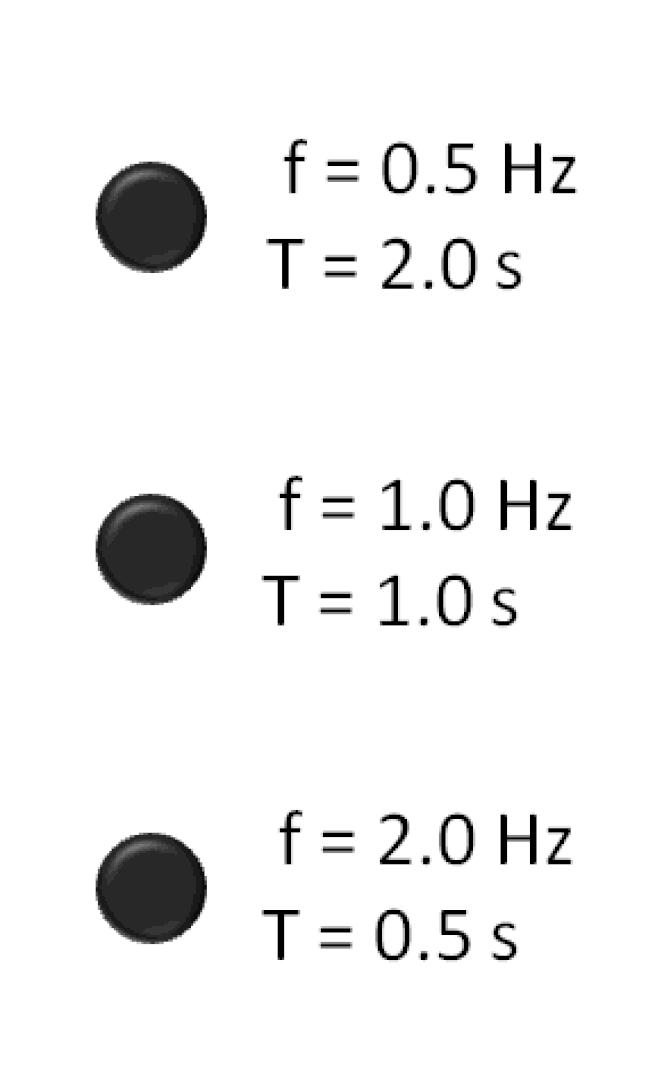Hertznoun
In the International System of Units, the derived unit of frequency; one (period or cycle of any periodic event) per second. Symbol: Hz
Hertznoun
a unit of frequency equal to one cycle per second; it is abbreviated Hz. It is commonly used to specify the frequency of radio waves, and also the clock frequencies in digital computers. For these applications, kilohertz and megahertz are the most commonly used units, derived from hertz.
Hertznoun
the unit of frequency; one Hertz has a periodic interval of one second
Hertznoun
German physicist who was the first to produce electromagnetic waves artificially (1857-1894)
Hertznoun
German physicist who with James Franck proved the existence of the stationary energy states postulated by Bohr (1887-1975)
Hertznoun
the SI unit of frequency, equal to one cycle per second.
Hertz
The hertz (symbol: Hz) is the derived unit of frequency in the International System of Units (SI) and is defined as one cycle per second. It is named after Heinrich Rudolf Hertz (1857-1894), the first person to provide conclusive proof of the existence of electromagnetic waves.
Bytenoun
(computing) A sequence of adjacent bits (binary digits) that can be operated on as a unit by a computer; the smallest usable machine word; nearly always eight bits, which can represent an integer from 0 to 255 or a single character of text.
Bytenoun
(computing) A unit of computing storage equal to eight bits
Bytenoun
a sequence of 8 bits (enough to represent one character of alphanumeric data) processed as a single unit of information
Byte
The byte is a unit of digital information that most commonly consists of eight bits. Historically, the byte was the number of bits used to encode a single character of text in a computer and for this reason it is the smallest addressable unit of memory in many computer architectures.

